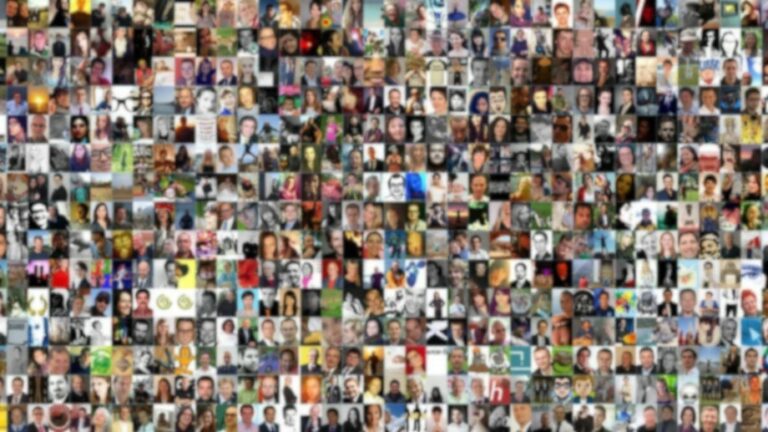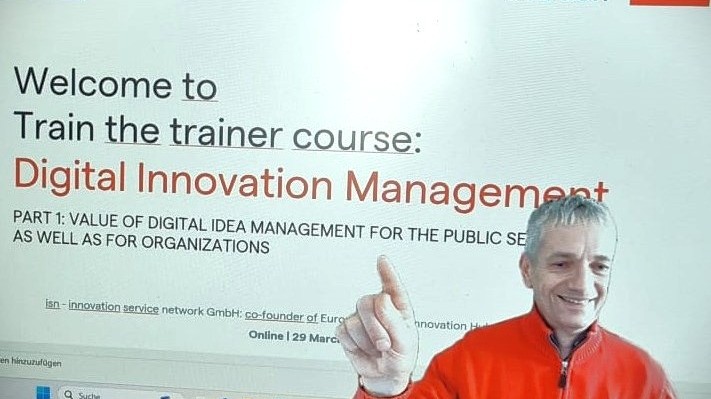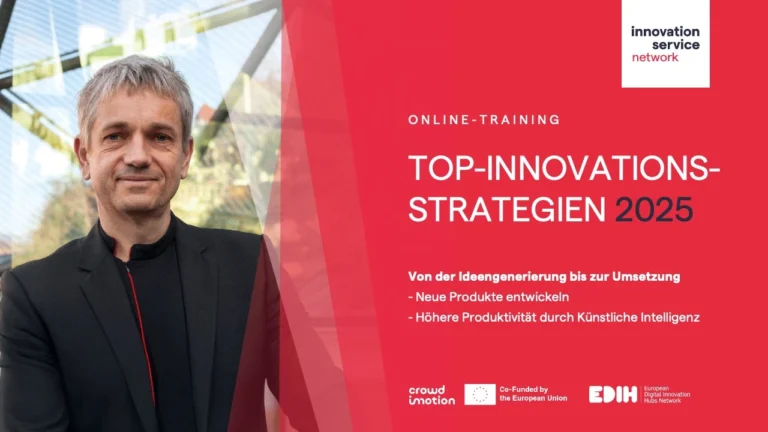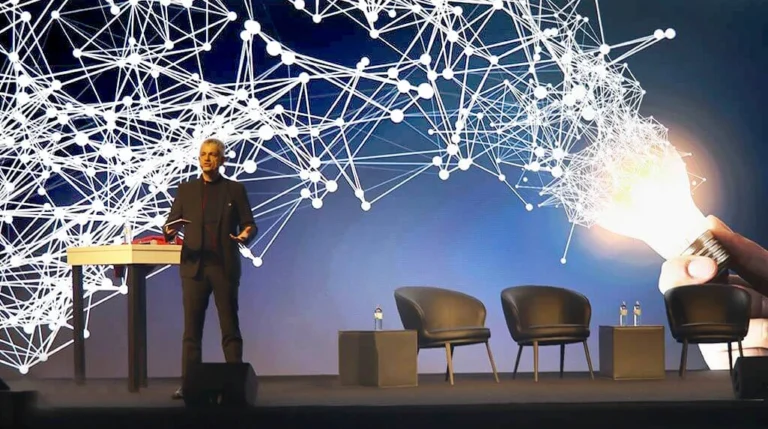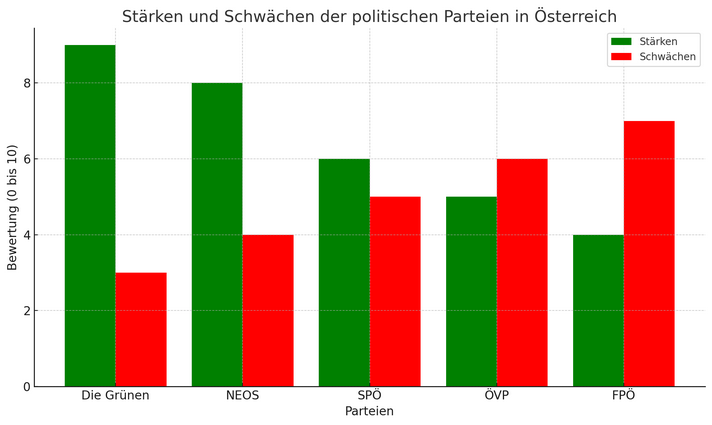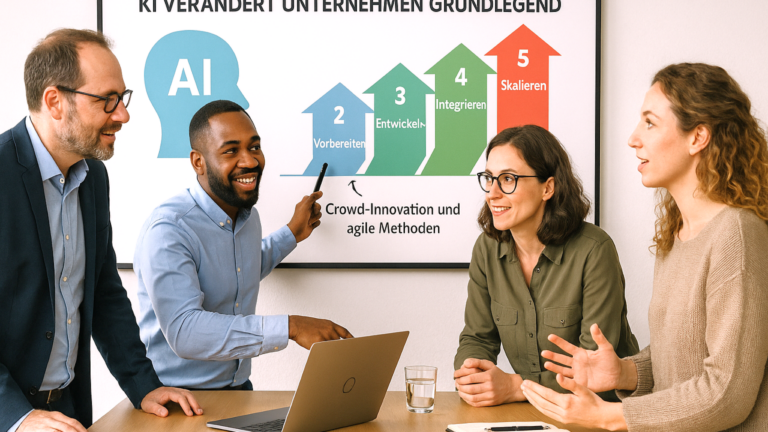
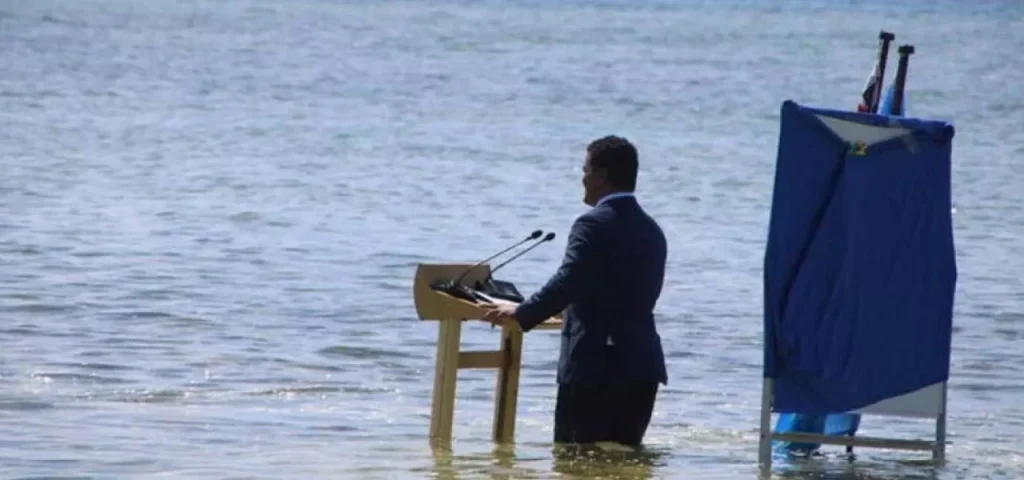
"The world is already in repair mode"
Dr. Stefan Haas, TÜV Austria
We are still a long way from "net zero", i.e. a balance between the release and absorption of greenhouse gases. The aim is to ensure that no more greenhouse gases are released into the atmosphere in the medium term in order to stop global warming. In order to achieve "net zero", countries, companies and, above all, all people must either significantly reduce their emissions or take measures to compensate for the remaining emissions.
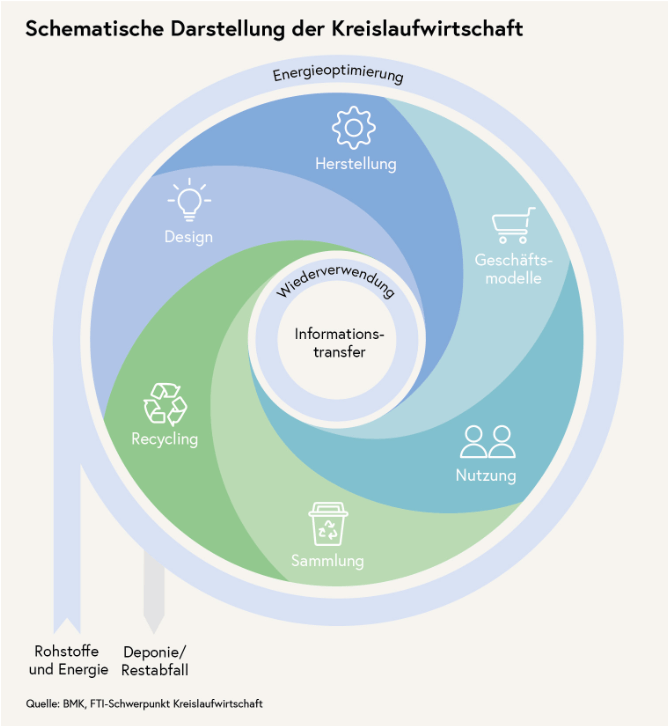
The annual UN climate conferences (most recently COP 28 in Dubai) show how difficult it is to adopt a long overdue, progressive global strategy with effective measures. The Foreign Minister of Tuvalu, an island nation in the Pacific, gave a speech for the COP 26 climate conference in 2021, standing knee-deep in the island nation's seawater. With this action, Simon Kofe wanted to show that Tuvalu is fighting against rising sea levels in the climate crisis. Several islands will be submerged in the sea by 2050 if no countermeasures are taken. He was able to attract attention with this: The politician's pictures went viral on social media.
In 2022, Austria and the Federal Ministry for Climate Action, Environment, Energy, Mobility, Innovation and Technology adopted a circular economy strategy entitled "Austria on the way to a sustainable and circular society“. It contains a lot of innovation-relevant content and information that describes very well why we should get started with a little more commitment: "The circular economy promotes economic innovation, the emergence of new business models and consumption patterns and the resilience of the economy."
The raw materials situation of the future will be a major challenge for companies. Raw material costs and the availability of raw materials are the basis of value creation for manufacturing companies. It has long been clear that we consume too many resources that are no longer renewable. In addition to reducing resources, we therefore need to extend the lifespan of products and create an effective circular economy with a focus on renewable raw materials.
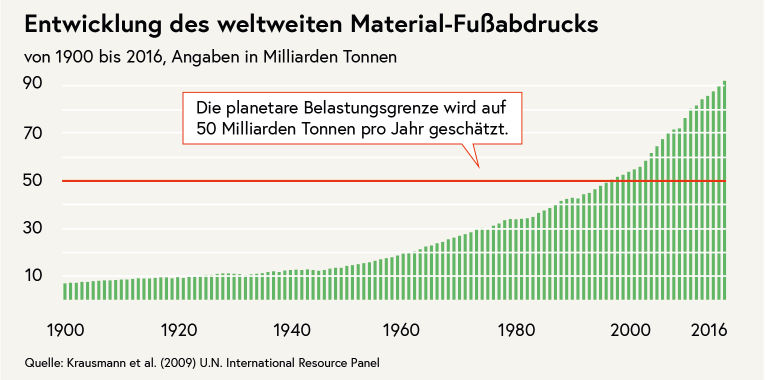
The current consumption of resources is problematic - 50 billion tons should not be exceeded!
Inspiring words can also be found in the overarching EU "Green Deal" climate strategy, which aims to make Europe climate-neutral by 2050: "Climate change is the greatest challenge of our time and at the same time offers an opportunity to develop a new economic model.“
Obviously, the natural inertia of people to move out of their comfort zone meets the latent inertia of companies to tackle innovations at an early stage. As a result, the circular economy and sustainability are slow to get off the ground. "Suffering creates innovation" is much more often the catalyst for innovation than "passion for innovation" paired with strategic planning. With the European Commission's Green Deal, a number of measures have been adopted "top down" for mandatory implementation, but reality shows that more energy for change is needed to achieve these goals.
Similar to innovation management in organizations, it seems particularly challenging to move into implementation or to stay engaged with sufficient commitment here.
The implementation of effective political measures requires close collaboration at the international level. During the UN climate conferences, 192 countries need to work together, often resulting in only the lowest common denominator as the outcome. The EU-27 have committed to making Europe the first climate-neutral continent by 2050. To achieve this, they have agreed to reduce emissions by at least 55% by 2030 compared to 1990 levels.
A large part of the global economy is still reliant on fossil fuels. Transitioning to renewable energy would require significant investments and could lead to short-term economic uncertainties for companies. As a result, businesses often exert pressure on policymakers to protect their economic interests.
As outlined in the last newsletter on executive bonuses, politicians and decision-makers also tend to focus on short-term periods. These are usually synchronized with election cycles or economic budget phases. However, long-term issues like climate change require long-term solutions, which offer few immediate political advantages. Thinking in terms of generations is needed here.
A diverse workforce fosters a variety of perspectives and ways of thinking. Companies should ensure that they have a broad range of employees with different backgrounds and experiences. Those who use creativity methods in teams should take advantage of diversity in gender, skills and personality.
The fact that a circular economy is already economically viable and effective today was impressively demonstrated by TÜV AUSTRIA and AustroCel Hallein GmbH at the circular economy kick-off event of [tecnet equity](https://tecnet.at/) in Lower Austria. With the strategy "From Pulp and Paper Production to the Biorefinery of the Future," AustroCel, under the leadership of Dr. Wolfram Kalt (卡沃福), is working on nearly 100% utilization of wood residues into valuable products. The company is multiple certified and is writing a "Zero Waste Success Story." TÜV Austria, as a service company, has also committed to "Net Zero 2030." This is being achieved through an extensive fleet of electric vehicles, reduction of air travel, its own photovoltaic systems, and reforestation projects that provide additional CO2 offsets.
What could be done, in your opinion, to accelerate the implementation of the circular economy?
What strategy is your company pursuing in this regard, and how do you assess the current situation?
I look forward to feedback and wish you a relaxing and creative Sunday!
Reinhard Willfort, Innovation Doctor, www.willfort.at Let’s innovate together!

